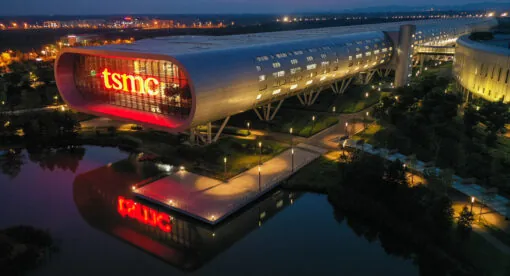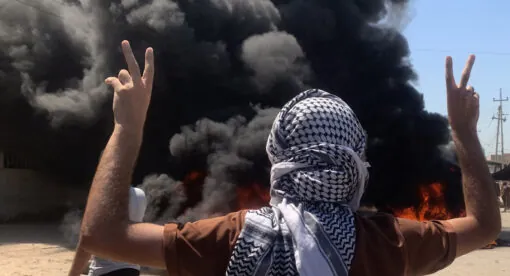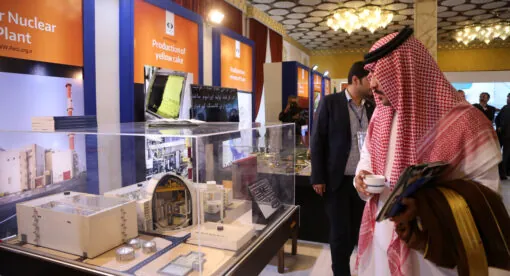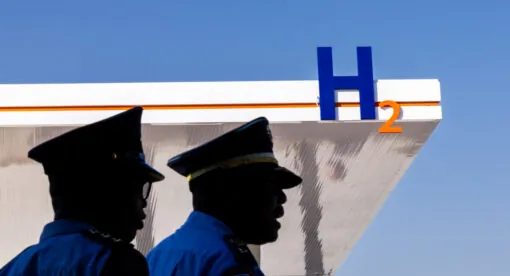A lot has happened since Aug 5, 2019 when Prime Minister Narendra Modi’s government revoked Article 370 of India’s constitution, which gave Indian-administered Kashmir a certain degree of autonomy. Join the Newlines Institute as we assess the significant changes that have taken place and where things are headed for the world’s soon-to-be most populous nation and what policymakers beyond South Asia ought to be focusing on.
Sumit Ganguly: Distinguished Professor of Political Science and holds the Rabindranath Tagore Chair in Indian Cultures and Civilizations at Indiana University, Bloomington. Professor Ganguly is a Senior Fellow at the Foreign Policy Research Institute, a member of the Council on Foreign Relations, and a Fellow of the American Academy of Arts and Sciences. Dr. Ganguly is a renowned South Asia specialist whose research spans security, ethnic conflict, democratization, foreign policy, and international politics of the region. He is the author, co-author, editor, or co-editor of 20 books on the region.
Kamran Bokhari: Director of Analytical Development at the Newlines Institute. Dr. Bokhari is also a national security and foreign policy specialist at the University of Ottawa’s Professional Development Institute. Bokhari has also served as the Central Asia Studies Course Coordinator at the U.S. Department of State’s Foreign Service Institute.




